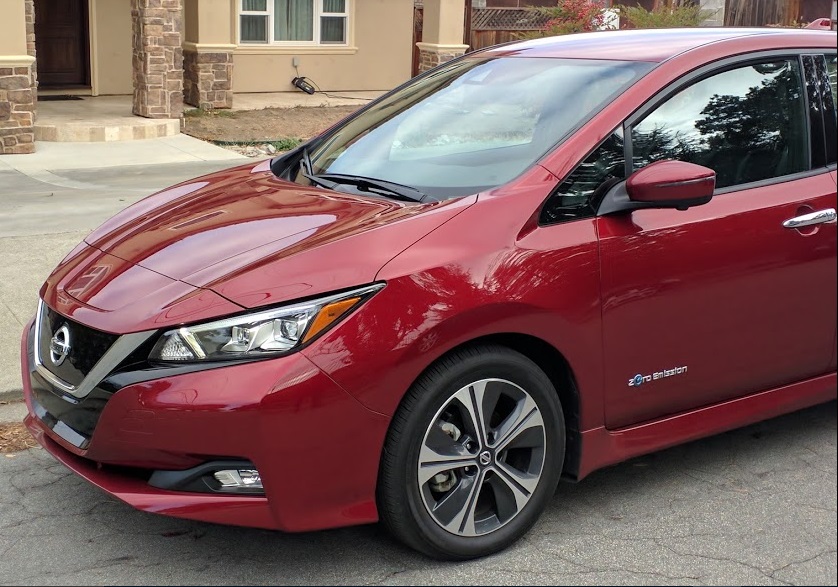It's accepted wisdom among electric-car fans and advocates that within a few years, mass-market car buyers will start snapping up battery-electric cars.
First, battery prices have to come down to the point that electric vehicles aren't much pricier than comparable models with gasoline engines.
But what it that assumption simply isn't backed up by data on buyer attitudes and expectations?
DON'T MISS: Car buyers have no idea electric-car charging stations even exist
That idea may smack to some as anti-EV propaganda, but it comes from a respected source: the Institute of Transportation Studies at the University of California, Davis.
That group has studied driver and shopper attitudes toward plug-in vehicles for many years, and issued some of the first studies that summarized the various differing motivations for purchase of an electric car.
A recent blog post from the institute lays out the core concern: "Automakers and Policymakers May Be on a Path to Electric Vehicles; Consumers Aren’t."

2018 Nissan Leaf electric car, test-driven by Shiva of Fremont, California, Oct 2017
As laid out by researchers Ken Kurani and Scott Hardman, it's clear that carmakers are ramping up for a vastly higher number of plug-in electric models to launch during the 2020s.
Volkswagen has said it expects one-quarter of its global sales to be plug-in vehicles by 2025, for instance.
But, they write, "There are no paths to meet the plug-in electric vheicle commitments and promises being made by automakers and politicians unless consumers are engaged in the transition to electric drive."
READ THIS: How Tesla Model S alters car ownership: a buyer's one-year notes
They conclude, bluntly: "Evidence from California says consumers are not" engaged in that transition.
While policymakers, advocates, environmentalists, and others are increasingly excited about electric cars, they write, such enthusiasm "is utterly lost on the vast majority of the car-buying public—even in California, touted as being among the global PEV market leaders."
It's worth reading the entire post to understand the data they aggregated and the arguments it has led them to make.

California buyer consideration of plug-in electric cars, 2014 vs 2017, from UC-Davis surveys
But a single graph summarizes the problem: car-buyer awareness of plug-in electric vehicles was no higher last year than it was in 2014, when far fewer electric cars were on the road and model selection was far more limited.
"In 2014, barely 5 percent already owned a battery-electric vehicle or had actively shopped for one. About another 13 percent said they had gathered some information ... but were not seriously considering one."
Those numbers haven't changed since.
CHECK OUT: Can Honda break through buyer confusion about plug-in hybrids?
The solution to this challenge would appear to be marketing, something auto companies have deep experience in and very large budgets for. Thus far, plug-in electric cars have remained off radar to the public at large.
But while car companies around the world fully expect electric cars to surge in volume, it may be that California has already lost its leading position in adoption to China.
That nation, you may recall, has created its own version of the state's zero-emission vehicle sales mandate and will require something like 4 percent of sales to be cars with plugs, starting in 2019.

2017 Chevrolet Bolt EV
Moreover, the country said in September it is now assessing in what year it will end sales of cars with internal-combustion engines.
For automakers who need to stay competitive in the world's largest car market by far, that was a thunderclap and an alert to the world's carmakers that they'd better get their EV programs in gear.
The concern that advocates could draw from the UC-Davis study, then, may be that the U.S. will lag not only China but even diesel-heavy Europe in buyer interest in and adoption of electric vehicles.













